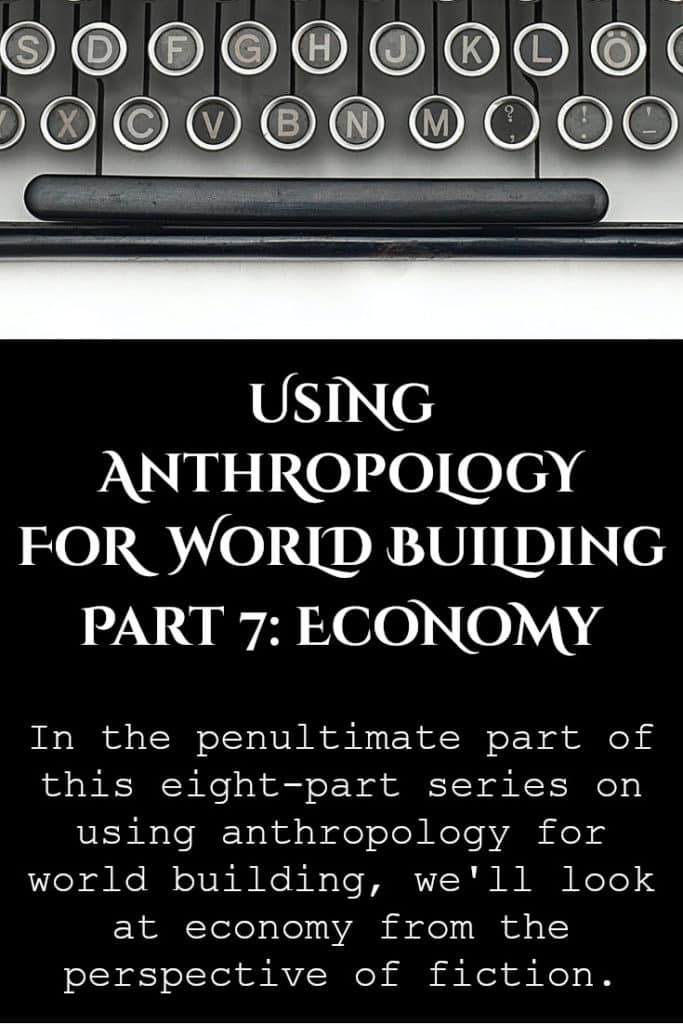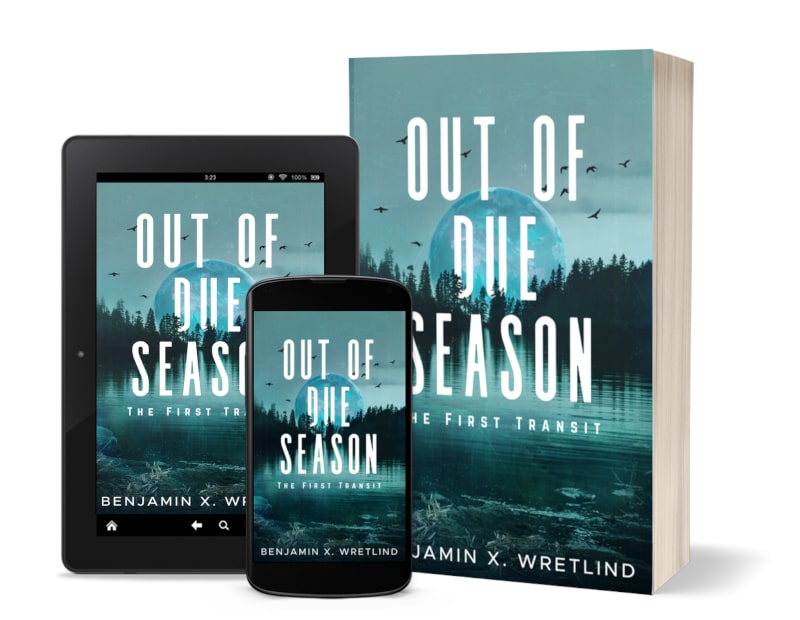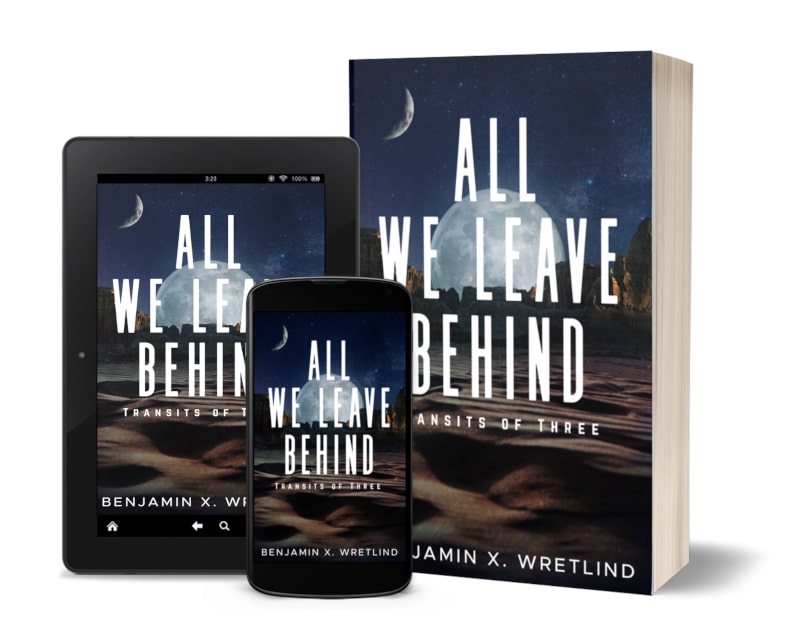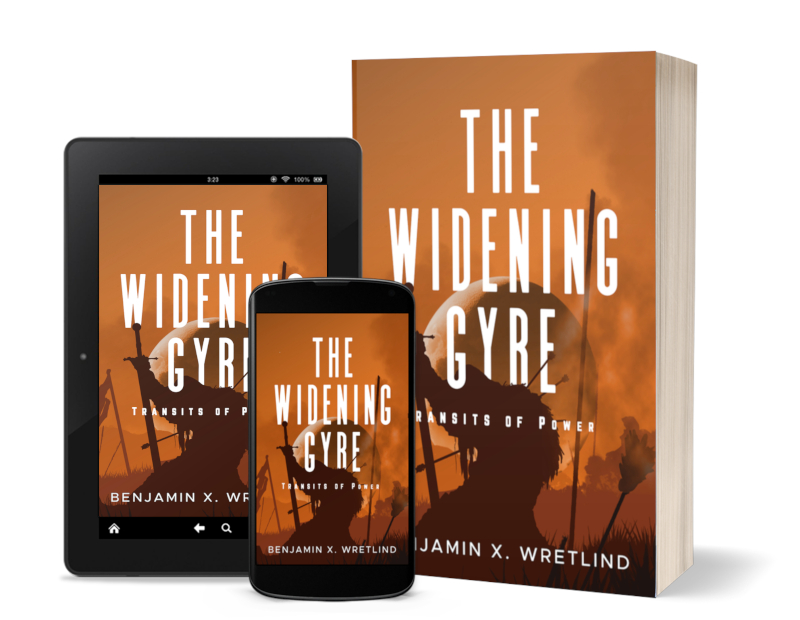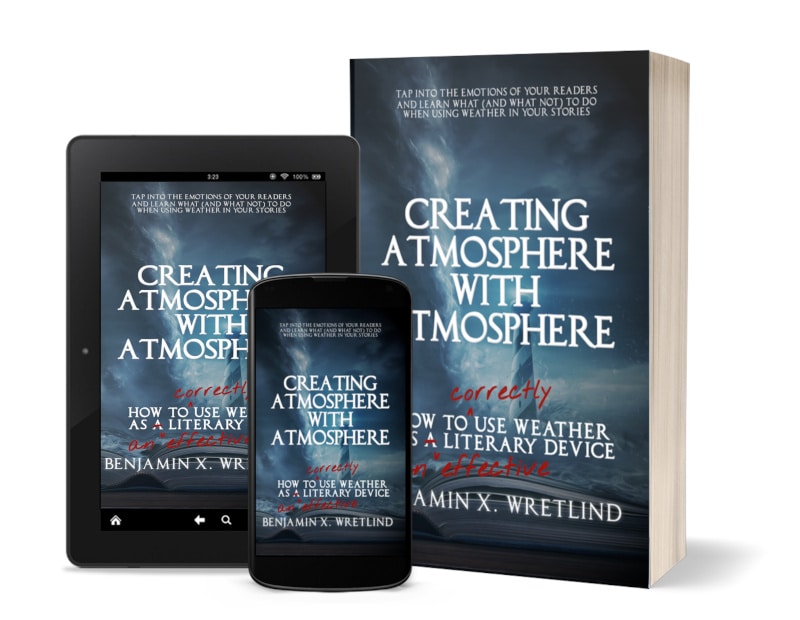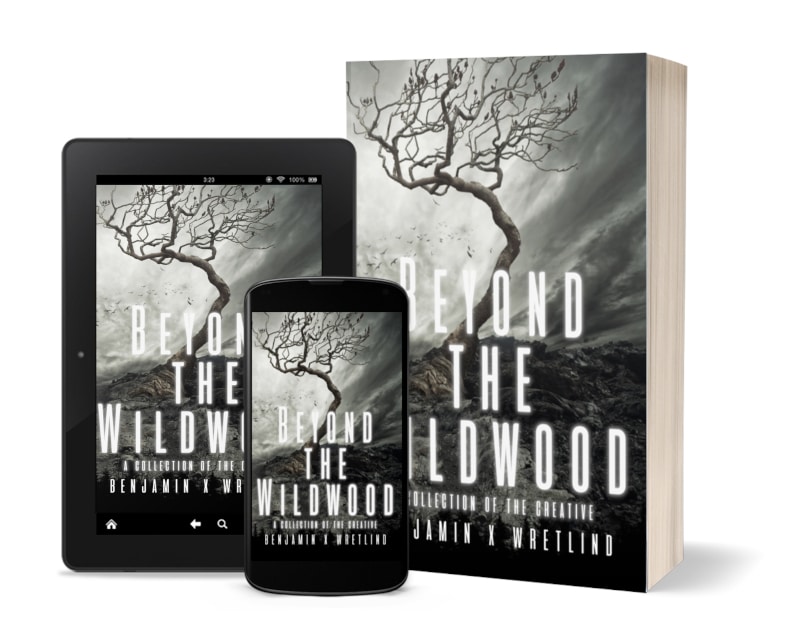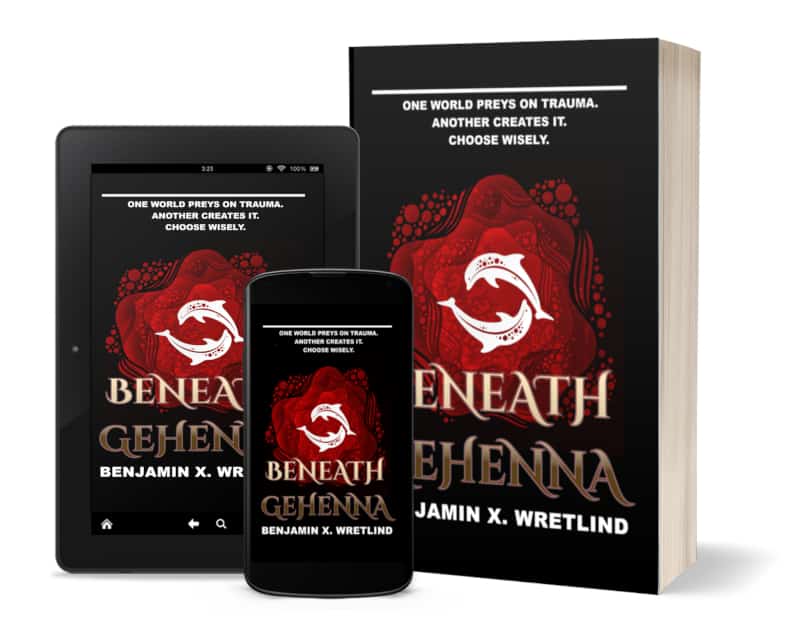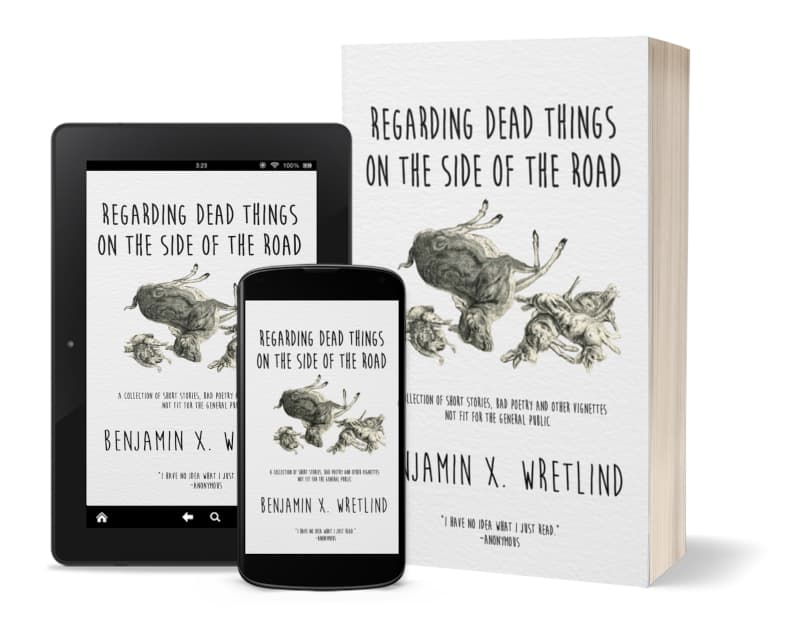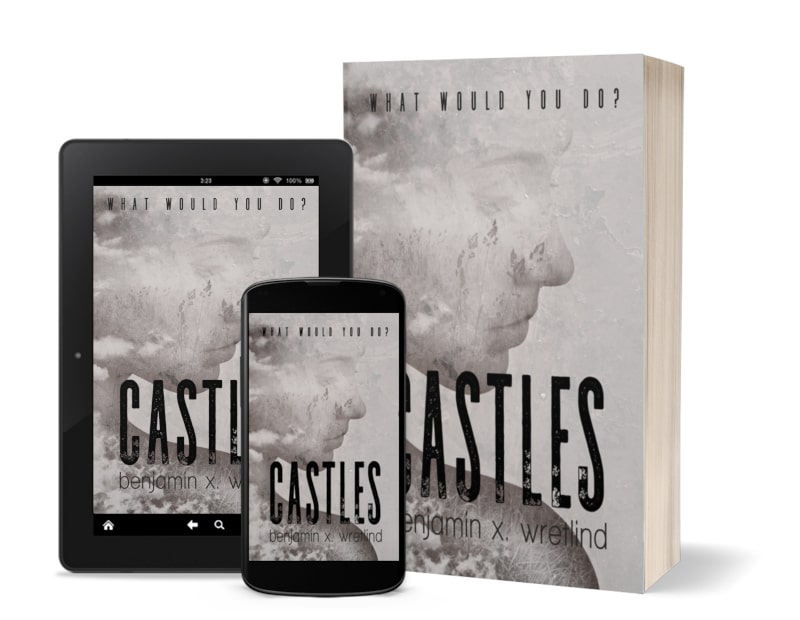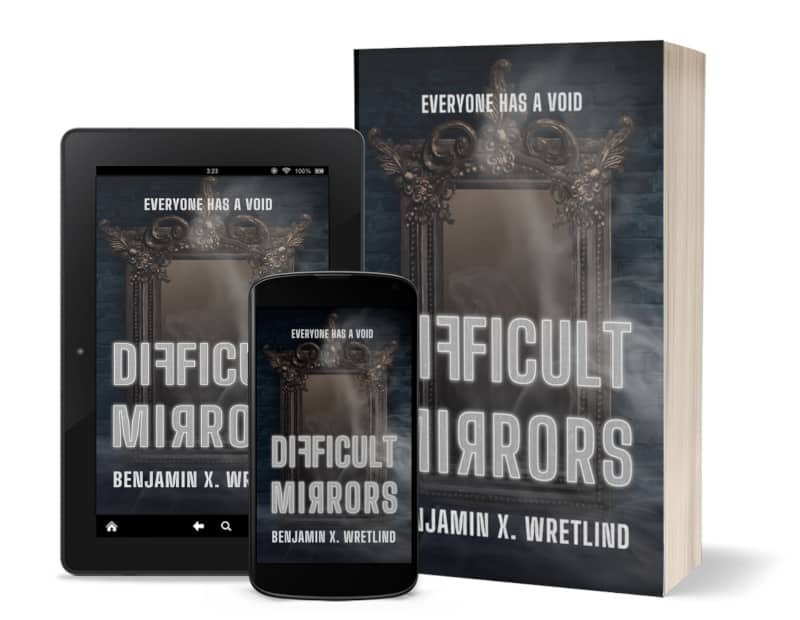Using Anthropology for World Building – Part 7 (Economy)

The economy is certainly in the news today, but then again, isn’t it often? In the penultimate part of this eight-part series on using anthropology for world building, we’ll look at economy as well, but from the perspective of fiction.
As a recap, we’ve so far looked at language, religion, social groups, arts & crafts, history, & government.
Now we get to the other element of anthropology I know I slept through: economics. That didn’t help when it came time for exams or the macro- and micro-economic classes I took in college. Nevertheless, it’s still an important element to look at.
Depending on where you’re from (or what political leaning you might have), the word “economy” might conjure images of fat cats swimming in a pool of money or just a simple exchange of one thing for another.
Merriam-Webster defines economy as “a system especially of interaction and exchange,” which is often the most one puts into world building. In science fiction, it’s common for characters to exchange “credits” for an item. In fantasy, a writer might invent a monetary system with may be the plot (e.g., get the gold).
Money has a fun history, but not one that’s necessarily written down. It was developed as a means to exchange wealth, not necessarily as a replacement for the old bartering system. In a bartering system, one exchanges X for Y. That’s simplistic, and it may be all your characters need to do.
If you create a monetary system in your world, you will likely need to create a form of payment. There is precedent for this. Shekels, for example, were initially created as a unit of weight, which might represent the weight of a particular sack of barley.
Interestingly, in the 1888 novel Looking Backward 2000-1887, Edward Bellamy described (for the first time in science fiction) the idea of using credit cards.
A credit corresponding to his share of the annual product of the nation is given to every citizen on the public books at the beginning of each year, and a credit card issued him with which he procures at the public storehouses, found in every community, whatever he desires whenever he desires it. This arrangement, you will see, totally obviates the necessity for business transactions of any sort between individuals and consumers. Perhaps you would like to see what our credit cards are like.
“You observe,” he pursued as I was curiously examining the piece of pasteboard he gave me, “that this card is issued for a certain number of dollars. We have kept the old word, but not the substance. The term, as we use it, answers to no real thing, but merely serves as an algebraical symbol for comparing the values of products with one another. For this purpose they are all priced in dollars and cents, just as in your day. The value of what I procure on this card is checked off by the clerk, who pricks out of these tiers of squares the price of what I order.”
Many fantasy authors model their currency on present or historical things. In ancient Rome, for example, one might have run across Antoninianus, Argenteus (silver), As (copper), Denarius (silver), Follis, Solidus (gold), or Roman Republican currency, just to name a few.
Fantasy authors could then change that up a bit. For example, if you liked the Follis as a main unit of money, you might add in the fact that it’s gold: the follis-solidus, or a coin with a monetary unit of 1.
There’s an easy way to invent currency, of course: check out the Currency Generator at Seventh Sanctum. (The site is a list of other generators, if you’ve never been there.)
But creating a currency doesn’t necessarily mean you’ve created an economic system within your world. You don’t necessarily need to do that, but it might give more weight to the actions your characters take.
As mentioned in the last post, there are government systems which are economically based. Capitalism and Socialism are two of the most commonly known.
Traditionally, there are four main economic systems:
- Traditional economies – based on work, goods, and services, all of which follow certain established trends; there is little surplus in a traditional economy, and therefore little waste
- Command economies – a dominant centralized authority (e.g., the government) that controls a significant portion of the economic structure and decisions; communism might be a good example here
- Market economies – a “free market” system in which regulation comes from the people based on supply and demand; true market economies are theoretical, however–governments will interfere in the form of regulations
- Mixed economies – a market system under strict regulatory control; sounds great, but mixed economies face the challenge of finding balance between market economy and command economy; most developed nations operate under a mixed economy
That’s great. All that above is one of the reasons I slept through economics classes.
In a novel, do you really want to explain all this? Probably not, but in your backstory (your story bible or other notes), you might want to add what economy exists within the world you’re building.
Throw in a currency, and you’ll have a better view.
Throw in government regulations, and you’ll certainly keep your characters in line. They won’t barter for goods without knowing if they should drop that follis-solidus for a bushel of barley.
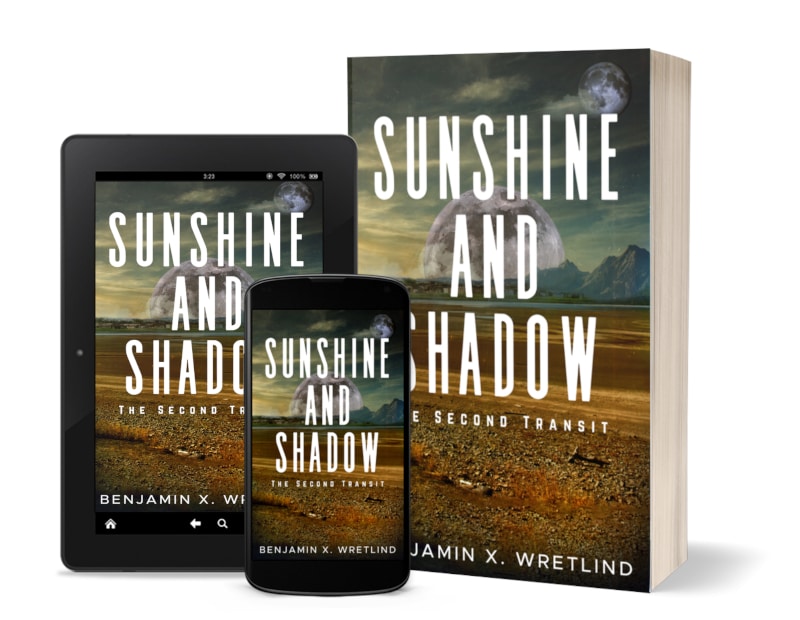
To see what kind of economy I set up for colonists starting over on a new world, check out Sunshine and Shadow: Exodus, or The Second Transit.


